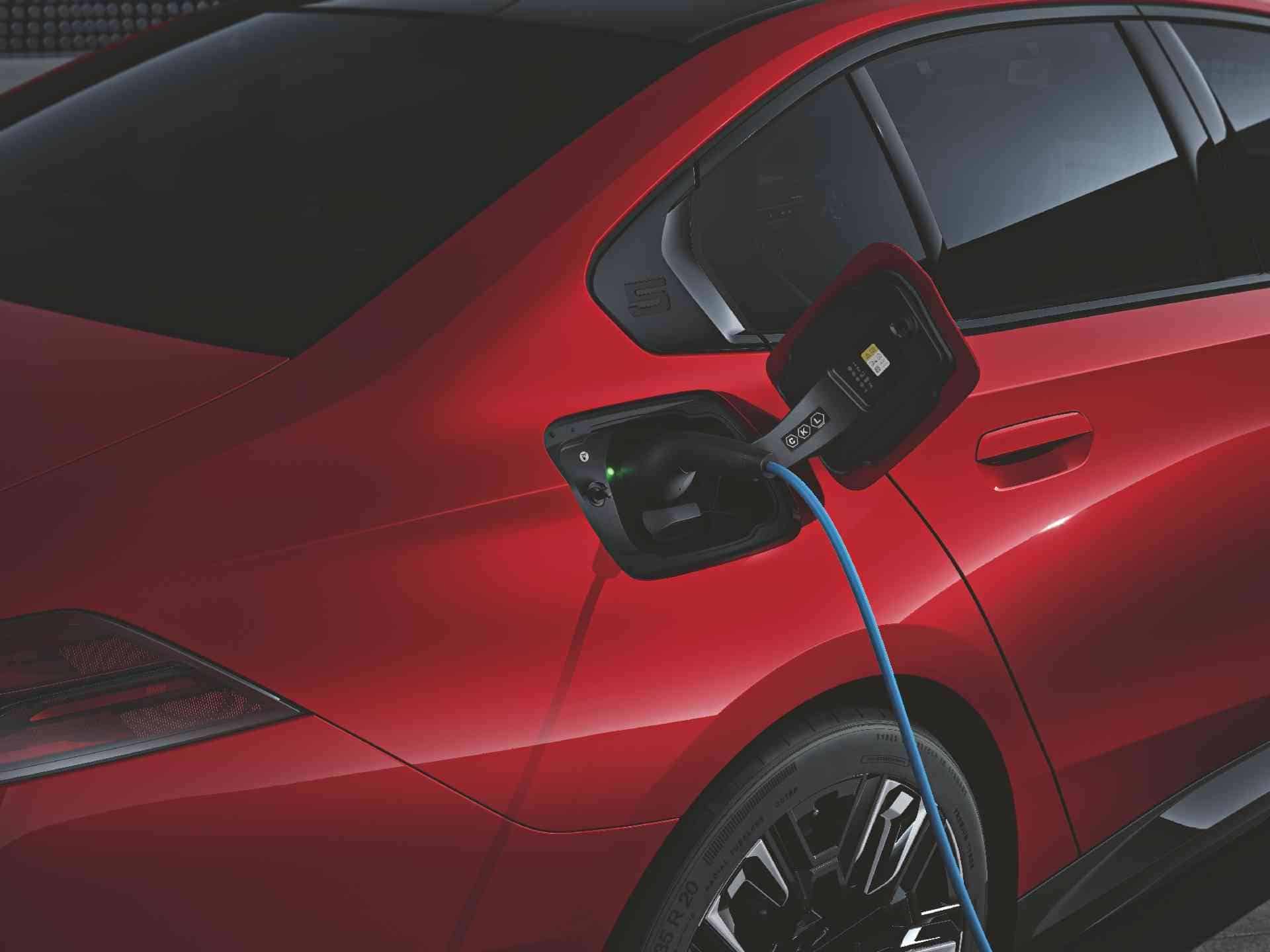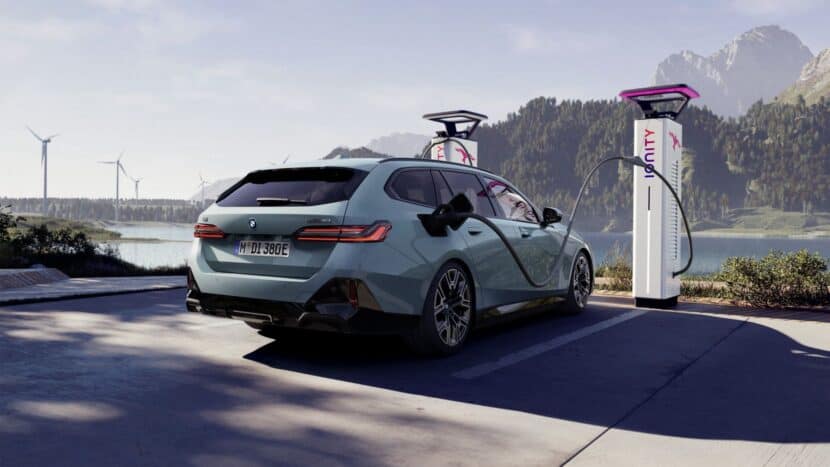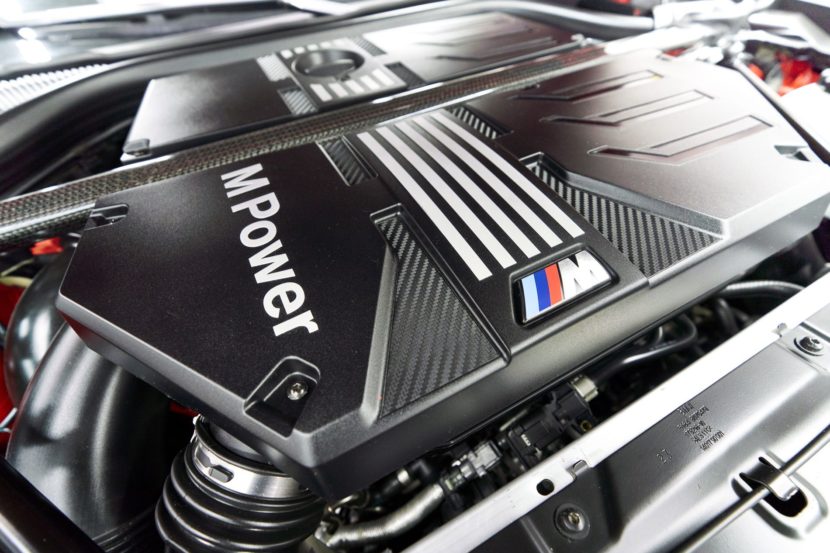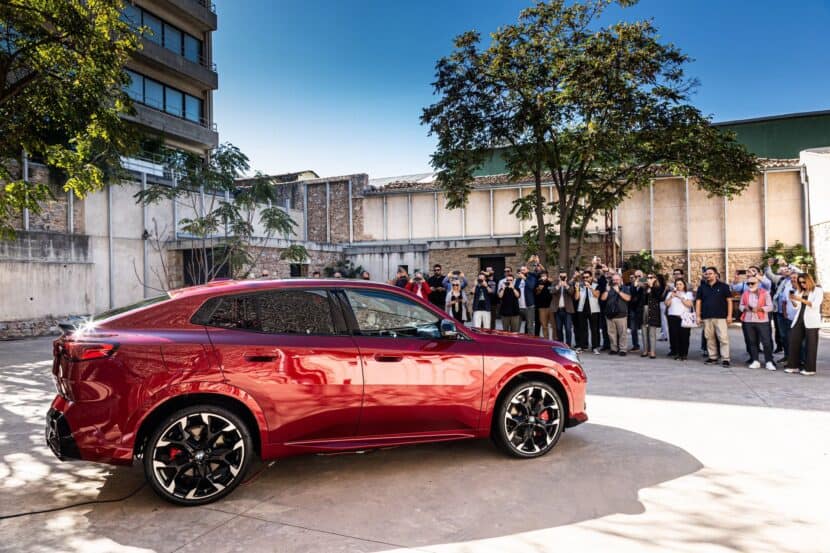Scroll through the comments under almost any BMW post about an electric model — especially something Neue Klasse like the upcoming iX3 — and you’ll see a familiar chorus: “BMW should stop making EVs.” “Stay true to your roots.” “We want gasoline cars.” “No one cares about electric vehicles.” “Keep BMW M brand pure.”
I get it. Some people genuinely love combustion engines. Others live where charging infrastructure is unreliable. And many are simply old-school BMW enthusiasts who feel disconnected from the EV era. So, let’s play devil’s advocate. What if BMW actually came out tomorrow and said, “We’re done with electric cars. From now on, it’s gasoline only”?
Let’s unpack what that world might look like.
1. The Regulatory Brick Wall
Even before market forces kick in, BMW would hit a legal wall. Europe plans to end sales of new ICE cars by 2035 (even though that’s fluid), China is tightening its New Energy Vehicle quotas, and the U.S. has ever-stricter fleet emissions limits. Without EVs or hybrids to offset CO₂, BMW would face billions in fines and, in some markets, simply wouldn’t be allowed to sell cars. In other words, “gasoline only” isn’t a business model — it’s a countdown to exclusion from key regions. Like the plug-in hybrid M5 would have been excluded from some markets.
2. Losing Ground With Customers
A big chunk of BMW’s current growth comes from EVs. In 2024, electric BMW sales rose sharply, and Neue Klasse will only accelerate that. Many buyers want both: an M3 or M2 for the weekend, and an electric SUV for the daily grind. If BMW stopped offering EVs, those customers wouldn’t suddenly give up on electrification — they’d just move to Mercedes, Porsche, or Tesla. The result? A shrinking customer base and an aging demographic.
3. Brand Perception: From Innovator to Relic
BMW’s image has always been tied to progress — the company that pushed fuel injection, turbocharging, carbon fiber, and iDrive before others dared. Walking away from EVs would undo that story overnight. To customers, BMW would look less like an innovator and more like a brand stuck in the past. In a premium market where buyers value both performance and technology, appearing outdated isn’t just a PR problem — it’s a sales problem.
4. Falling Behind Technically
Neue Klasse isn’t just about electric motors and batteries — it’s the foundation for BMW’s next leap in dynamics and intelligence. The “Heart of Joy” central computer coordinates power delivery, traction, and chassis control faster and more precisely than any combustion setup could. By ditching EVs, BMW would give up the very technology that could redefine what “driving pleasure” means in the next decade.
Staying ICE-only would mean technical stagnation — clinging to yesterday’s tools while competitors move the goalposts.
5. A Cost and Supply Chain Nightmare
Automakers worldwide are investing billions in batteries, semiconductors, and electric drivetrains to scale production and cut costs. The more they build, the cheaper each EV becomes. BMW opting out would mean higher costs per unit, no access to shared technology, and reliance on increasingly niche suppliers for engines, exhaust systems, and emissions components. That’s a recipe for shrinking margins in a business already under pressure.
6. Market Share Meltdown
EVs are the fastest-growing part of the global auto market — and in several countries, they already outsell diesels or plug-in hybrids. If BMW exited that race, it would surrender growth markets to rivals and watch its global share erode year after year. It’s not just about profit; it’s about visibility and relevance. You can’t be a global premium leader if you’re missing from the biggest and most dynamic segment.
7. Corporate Fallout and ESG Backlash
The damage wouldn’t stop at consumer perception. In today’s industry, sustainability is directly tied to investment and regulation. A BMW that rejects electrification would face pressure from ESG-focused investors, higher borrowing costs, and a potential chill from governments or partners aligning around climate targets. The headlines wouldn’t be about driving pleasure — they’d be about a company unwilling to evolve in a world that demands progress.
8. The “Too Late” Trap
Let’s say BMW stayed ICE-only for a decade, then changed its mind. By then, battery tech, software, and charging ecosystems would have advanced dramatically. Competitors would be years ahead, production networks would be locked in, and catching up would cost billions. Starting over from behind is a lot harder — and far more expensive — than evolving steadily now.
9. Abandoning the Next Generation
Younger buyers are already growing up with EVs as normal. To them, a company refusing to innovate feels irrelevant, no matter how great the engines sound. If BMW wants to stay desirable for decades to come, it has to speak the same language as its future customers — one that includes sustainability, connectivity, and new driving experiences. Turning away from EVs would silence that conversation entirely.
10. The Real “Stay True to Your Roots”
BMW’s roots aren’t about resisting change; they’re about engineering excellence and the joy of driving. The company has reinvented itself many times — from aircraft engines to motorcycles, from carburetors to turbocharging, from analog dashboards to iDrive. EVs are simply the next evolution of that same mindset.
Refusing to move forward wouldn’t preserve BMW’s identity — it would erase it.
The smarter play is what BMW is already doing: offering choice. Keep refining combustion engines for markets that still want them, but lead with the Neue Klasse for those ready to go electric. That’s how you protect heritage and secure the future. Because if BMW ever truly said, “No more EVs,” it wouldn’t be a bold stand for tradition. It would be the beginning of the end.
































































